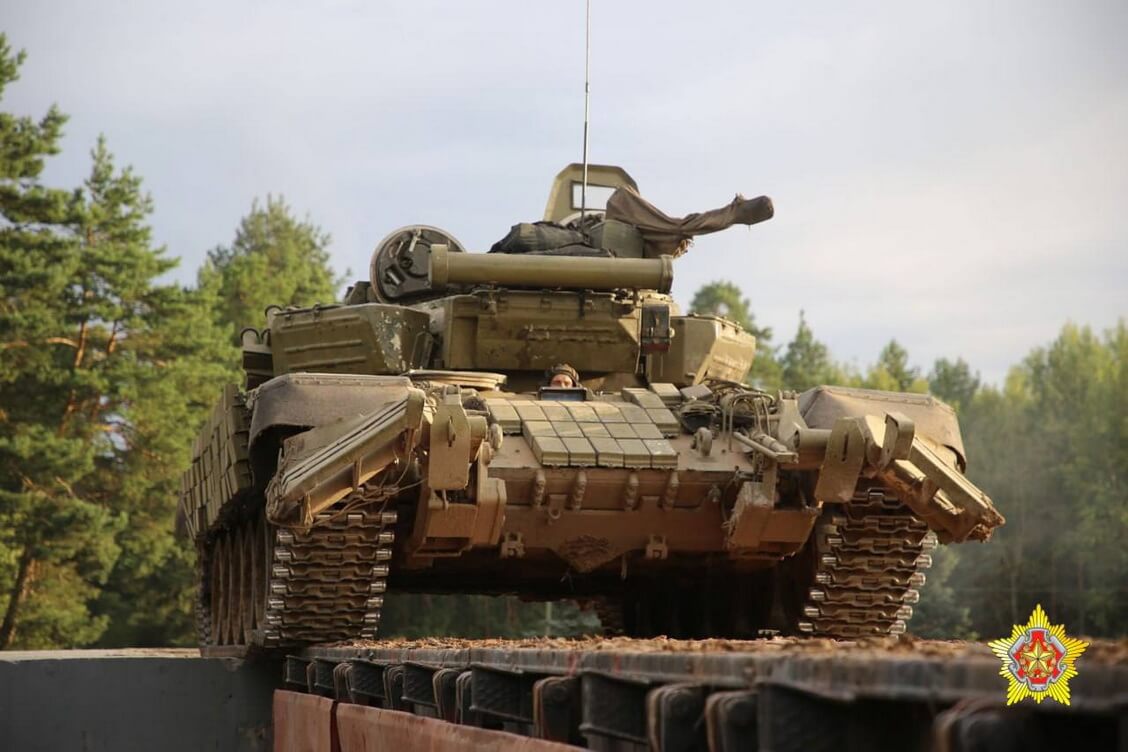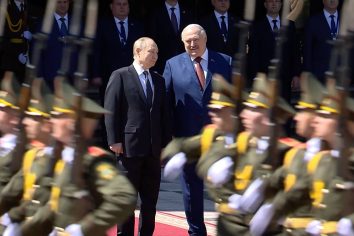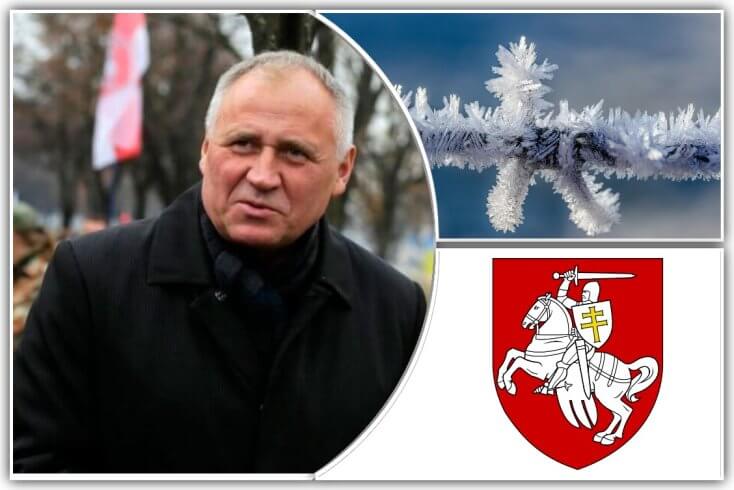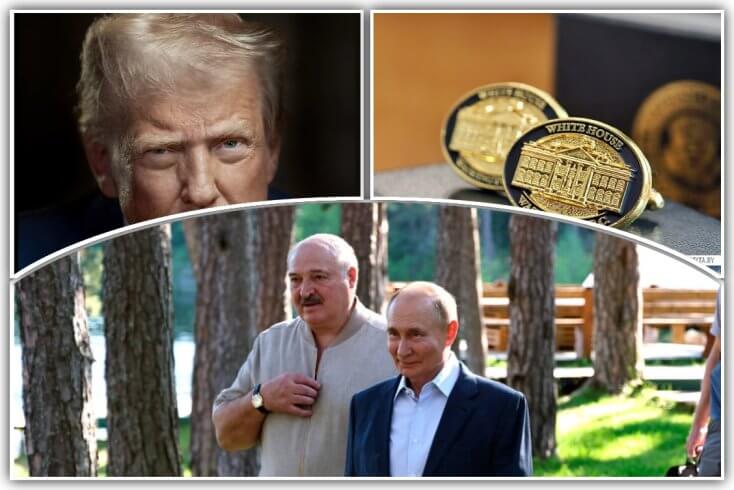As Russia seems incapable of stopping Ukrainian troops’ advance in the Kursk province, Alaksandar Łukašenka is not in a rush to offer the Kremlin military aid, playing up threats faced by his own country.

Łukašenka claims Belarus is victim
After staying silent for several days, Łukašenka commented on the Ukrainian incursion into Kursk on August 10. However, he stopped short of expressing his readiness to defend Russia.
Instead, the Belarusian leader claimed that Belarusian aircraft and air defense systems had shot down Ukrainian unmanned aerial vehicles (UAVs) flying over Belarus to attack Russia.
Biełaruski Hajun, an opposition group monitoring military activity in Belarus, dismissed the claim, saying no drones were detected over Belarus that day and no missiles were launched.
However, the Belarusian military said they found EU markings on UAV wreckage. That was the pretext for summoning EU Chargé d’Affaires Steen Noerlov to the Belarusian foreign ministry on August 12.
On August 10, the foreign ministry gave the Ukrainian charge d’affaires a talking-to, threatening to close down the Ukrainian embassy.
Minsk also brought up the issue of Ukrainian UAVs with the UN Security Council.
Łukašenka’s political opponents and analysts dismissed his comments about the downed drones as a false claim.
They doubt that the drone wreckage shown by a state TV station is real, noting that there are no signs of burnt-out dry grass around it.
Belarus prepping for defense
Belarusian officials acted like they were innocent when they allowed Russia to mass troops and equipment in Belarus for the attack on Kyiv in 2022 and later let the Russians launch missiles at Ukraine from Belarusian territory.
Minsk has now raised a ruckus after remaining silent when Russian Shahed drones violated its airspace en route to Ukraine in July.
It looks like Minsk is trying to persuade Moscow that Belarus itself must beef up defenses and keep its troops at the southern border.
Pro-government commentators described Ukraine’s foray into Russia as “invasion” and an attempt by Ukraine to drag Belarus into the war.
They did not explain why Kyiv would need Belarus to enter the war and extend the front line by a thousand kilometers.
Noteworthy, the Ukrainian Border Guard Service did not record any movement of Belarusian troops near the border after Łukašenka sent his reinforcements there. The only proof was the defense ministry’s video of soldiers loading tanks onto rail platforms, which was broadcast by a state TV station.
The dissident community of railway workers of Belarus confirmed the absence of a significant deployment of troops to the Ukrainian border by rail.
Łukašenka has theatrically blown a threat of aggression from Ukraine out of proportion for Moscow’s consumption.
In a similar fashion, he played up threats from NATO earlier, claiming that he needed his army in Belarus to protect Russia.
In March, for instance, he inspected a military unit at the Lithuanian border and ordered its commander to shoot and kill any intruders.
Putin’s image shattered
It appears that Łukašenka is puzzled that the Kremlin’s red lines are largely a bluff, as the Ukrainian incursion has proved.
Putin and Medvedev liked to remind everyone that the Kremlin could use nuclear weapons. That kind of loose talk has not been heard from Russia after the Ukrainian troops launched the counter-offensive.
The Kremlin still does not use the term “war” and prefers to call its invasion of Ukraine a counter-terrorist operation.
Its choice of terms allows Łukašenka to dodge responsibility as Russia’s ally.
The West, for its part, realizes that the risks associated with allowing Ukraine to use Western weapons against Russia are exaggerated, and may lift restrictions on strikes inside Russia.
Minsk fears that Putin may demand full-fledged involvement in the conflict by Belarus. And the fears are justified: the Belarusian army lacks combat experience and fighting spirit, and therefore can be easily defeated by battle-hardened Ukrainian troops.
Polls show strong anti-war sentiment in Belarus. An attempt by the government to send troops abroad could spark a new wave of protests. After the postelection turmoil of 2020, Łukašenka is wary of arming Belarusians.
Thus, all he can do now is to simulate threats and demonstrate fighting positions.




